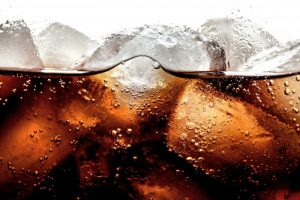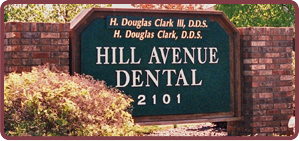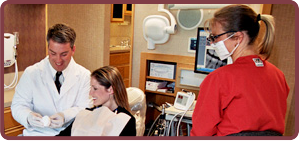 Growing up, your parents probably told you not to eat sugary snacks every day or else you’d rot your teeth. Now that you’re older, you’re more concerned about other aspects of your life. You’ve got a family to care for, a mortgage to pay, a job to appear for; the last thing on your mind is foods that are unhealthy for your teeth.
Growing up, your parents probably told you not to eat sugary snacks every day or else you’d rot your teeth. Now that you’re older, you’re more concerned about other aspects of your life. You’ve got a family to care for, a mortgage to pay, a job to appear for; the last thing on your mind is foods that are unhealthy for your teeth.
However, if you want to avoid putting additional dental visits on your to-do lists, it’s worth reading a quick post from your dentist in Superior on foods to manage. Once you know what to avoid, you’ll be better equipped to find substitutions that promote oral health.
Sticky Candies and Sweets
When it comes to candies and sweets, your dentist has good news and bad news. If you eat foods that stay in your mouth for long periods of time, including lollipops, caramels, cough drops, and other hard candies, you’re at much higher risk of developing tooth decay.
However, if you enjoy chocolates that have high percentages of cacao (around 70%) you can take advantage of their health benefits without nearly as much worry. Some studies have shown it to not be nearly as bad. Just make sure to eat it only once in a while and not daily.
Starchy Foods Get Easily Stuck to Teeth
If you enjoy eating soft breads or potato chips every day, you’ll need to work harder to remove them from your teeth afterwards. Other starchy foods that are presumably healthy, such as pretzels and popcorn can also get caught in between teeth and stay there for hours at a time, letting bacteria feast on it and produce harmful acids.
If you do consume these foods, make sure to rinse out your mouth or floss afterwards. Chew crunchy foods such as apples, celery, or carrot to promote saliva production and break down food debris.
Carbonated Soft Drinks
The negative effects of carbonated soft drinks on teeth are two-fold. Not only are they typically loaded with refined sugars, but they also contain phosphoric and citric acids that lowers the pH balance in your mouth. The lower your mouth’s pH balance, the more damage will be done to your tooth enamel.
Instead, opt for simple sparkling water to satisfy your cravings. Watch out for added flavors that can make the drink more acidic.
Foods That Cause Dry Mouth
If you consume alcohol on a regular basis, you’ll need to make sure you stay properly hydrated. Dry mouth allows oral bacteria to grow more easily in the mouth, so keeping your saliva production high is key. Additionally, if you take medications with side effects including dry mouth, consider adding a fluoride rinse to your oral care routine. Fluoride gels are also ideal for use while brushing.
Your oral health doesn’t just revolve around your oral care habits. It’s also influenced by your diet and nutrition! Schedule an appointment with your dentist in Superior to learn more!
About the Author
Dr. H. Douglas Clark III earned his Doctor of Dental Surgery at Marquette University School of Dentistry before joining his father at Hill Avenue Dental. He enjoys providing high-quality dental care to the same community where he was raised. He also continues his education through multiple courses at the Las Vegas Institute for Advanced Dental Studies and through Spear Education at the Scottsdale Center for Dentistry. To learn more about his practice, contact him at (715) 392-5161 or visit his website.









